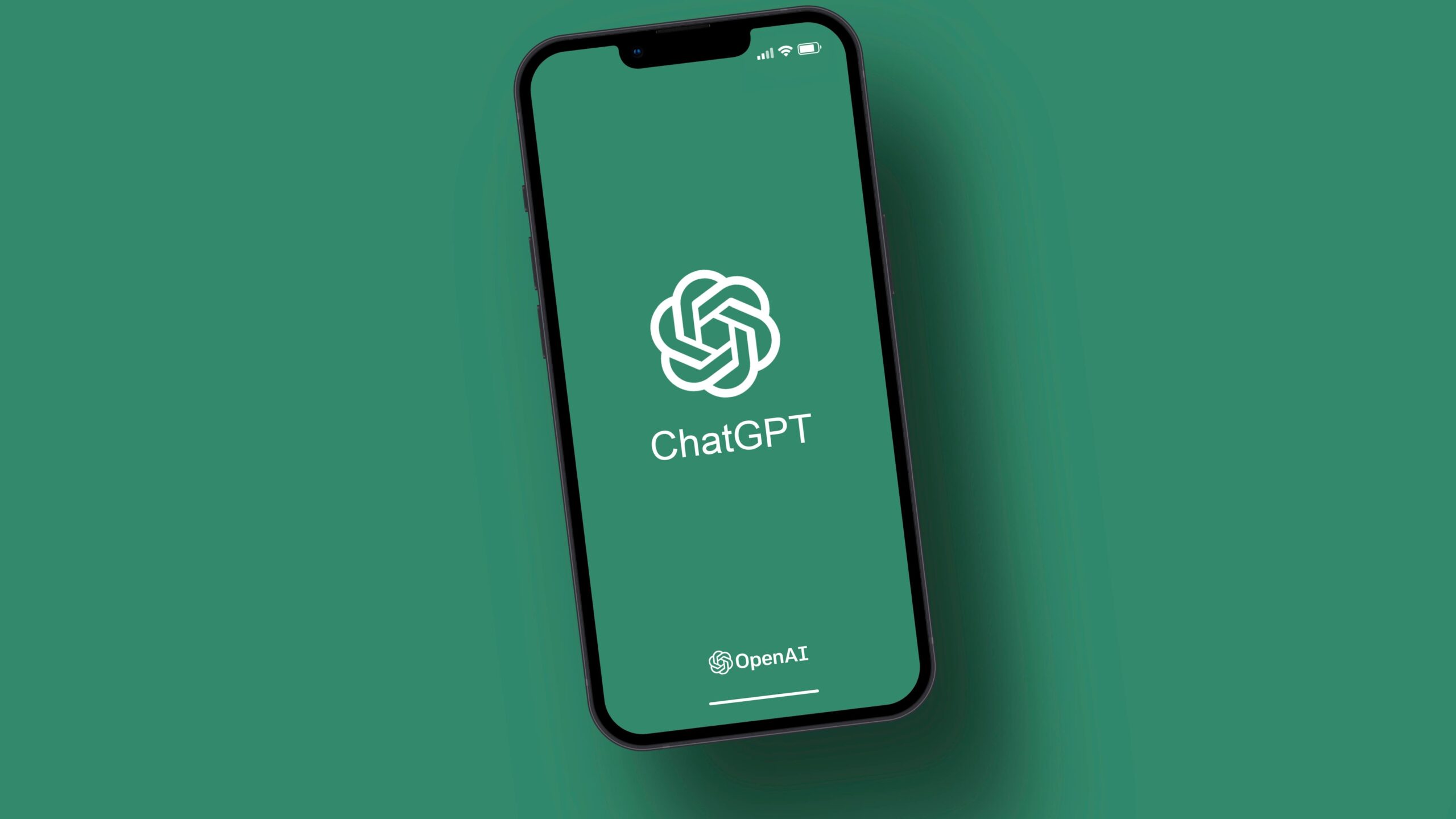OpenAI launches ChatGPT Edu, a specialized AI chatbot for universities. It’s designed to support various campus operations including student services, faculty assistance, research support, and administrative tasks.
The goal is to integrate AI technology into university settings to enhance efficiency and effectiveness across different departments and roles.

Using the advanced capabilities of GPT-4o, ChatGPT Edu can analyze and reason through text and visual information, incorporating advanced tools such as data analysis, as stated in OpenAI’s blog post.
OpenAI highlights that this iteration offers enterprise-grade security and management features, ensuring a secure and cost-effective solution for schools and educational organizations.
The AI firm has announced its intention to create ChatGPT Edu, building on the achievements of ChatGPT Enterprise, which has found success in various prestigious universities including the University of Oxford, Wharton School of the University of Pennsylvania, University of Texas at Austin, Arizona State University, and Columbia University in the City of New York.
Statement From OpenAI:
“We’re announcing ChatGPT Edu, a version of ChatGPT built for universities to responsibly deploy AI to students, faculty, researchers, and campus operations.”
In response to the increasing demand for AI integration in education, OpenAI’s CEO, Sam Altman, highlighted the launch of ChatGPT Edu.
This latest model is designed to expand the application of AI in academic settings, catering to the evolving needs of students and faculty alike. By introducing ChatGPT Edu, the aim is to facilitate access to advanced AI tools, thereby enhancing the educational experience for all stakeholders.
Key Features Of ChatGPT Edu:
- GPT-4o offers enhanced features tailored for various tasks, including text interpretation, coding, and mathematics.
- It has advanced capabilities like data analytics, web browsing, and document summarization.
- Users can create custom versions of ChatGPT, termed GPTs, and share them within university environments.
- Additionally, it offers significantly higher message limits compared to the free version, with improved language capabilities supporting over 50 languages.
- Robust security measures ensure data privacy and administrative controls, such as group permissions and single sign-on (SSO), are in place.
- Notably, conversations and data are not utilized for training OpenAI models, emphasizing privacy and confidentiality.
Related Stories:
